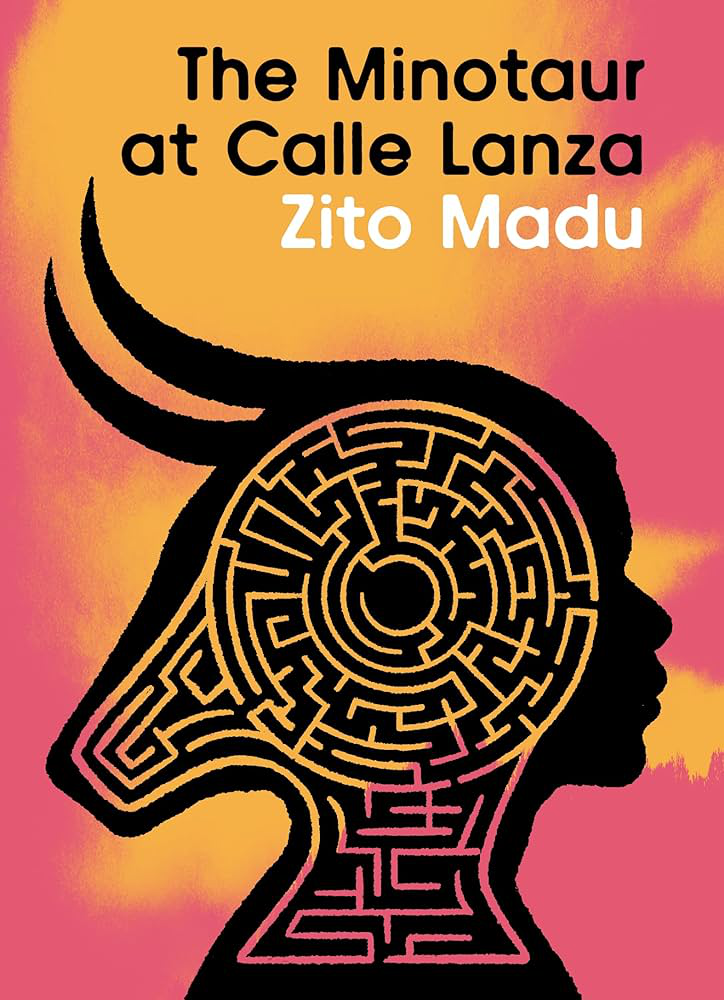
The first place I ever saw outside of Nigeria was Paris—from the inside of Charles de Gaulle Airport. I was seven at the time. The sight left a deep impression on me. It didn’t make me want to go back to Paris in particular, but for a young child who had only been in his village and the villages around it before, that first glimpse of Paris blasted my mind open to the fact that there was so much to see in the world. I still feel attached to that airport, which for me was the sight of a second birth.
Before that, I lived with my family in a village in Imo State in southeastern Nigeria. Our great adventure out of that small part of the world began because of a tease and a test of friendship. Years before our flight out to Paris, my then pregnant mother was walking with a friend to the traditional August meeting for Igbo women. The friend was walking quickly ahead of my mother because she was trying to drop off visa lottery applications for her family before the meeting started. My mother was exhausted, and she joked to her friend that their friendship must not be close because the friend hadn’t gotten applications for our family. For my mother, it was an inconsequential quip, but the next day, the woman showed up with several applications to prove her friendship. My mother filled the papers out and sent them off. Time went on and she forgot about them.
A while after that, she received a response that said the applications had been approved and that our family had been accepted to go through the rest of the process. This meant more papers to fill out, as well as interviews and expensive payments. My father, knowing that there were many scams around the immigration process, and grifters taking advantage of people’s desperation to leave, judged the letters of approval to be fake. He put the paperwork away and forgot about it until one of his friends from the States came over to see him the night before his flight. As is tradition with my father and his friends, the two of them stayed up through the night, drinking and trading stories. In the early hours of the morning, my father’s friend brought up the idea of our family possibly immigrating, which my father dismissed, noting that he had already received scam approval papers. His friend, curious about the letters, asked if he could see them. My father showed him, but rather than the friend laughing along with the joke, he said that the papers were, in fact, real. My father needed to fill out the documents immediately; the friend would take them to the embassy on his way back to the States. In the morning’s early hours, my parents, suddenly filled with the possibility of a new life elsewhere, completed the rest of the paperwork, helped by Wite-Out, and sent it off.
What followed was a long process of receiving more papers, filling them out, traveling from the village to Port Harcourt and Lagos to fill out even more papers, and going through multiple interviews—all with the stress of possibly uprooting our family and moving to the US. The process cost my father almost everything financially. At the time, there were seven of us, though my mother was pregnant. All the land my father’s father had left for him and his siblings he sold to fund the migration process—a personal shame and failure he still carries with him. Even worse, when the application costs exceeded all the money we had, my father, who has all the pride in the world, went and, as he puts it, begged people for help. He still carries this shame with him as well.
By luck and grace, we managed to get visas for my entire family, an unprecedented result in the immigration lottery. Usually, visas were given out to only a few family members. According to my mother, the first day my father went to pick up our visas, he was given four. When he returned the second morning to pick up the last three, he was refused by the woman working the counter. She said that they hadn’t given out more than four for one family before. My father begged the woman, but she refused. This was happening on the second floor of the building, and not knowing what to do, seeing that the woman would not budge, he headed toward the stairs. That’s when he ran into the consulate officer who had given him the first four visas, and she asked him if he had picked up the remaining ones. He said no, and instead of reporting that he had been refused, he simply said that he was only just getting there to pick up the rest. The officer then took him back upstairs, where he waited by the counter as she went behind to pick up the rest of the visas and hand them to him. He paid for the rest and left. Our plan was then that four of us would go first—my father and the three oldest children: my older brother, my younger sister, and me. We were to establish ourselves there before my pregnant mother and my other sister and brother would join us. More than anything, it was a financial matter; the others had to wait until my father could find enough money to pay for their combined flights.
***
Buy The Minotaur at Calle Lanza here: Amazon
Excerpt from THE MINOTAUR AT CALLE LANZA published by Belt Publishing. Copyright © 2024 by Zito Madu.


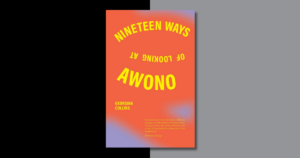
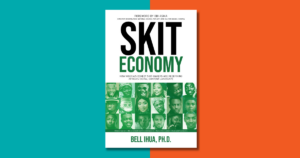
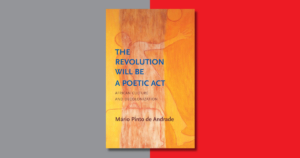
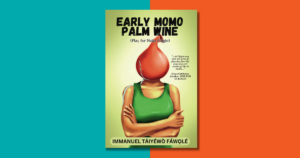
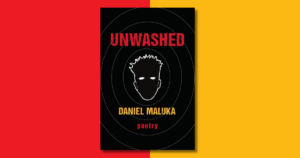


COMMENTS -
Reader Interactions